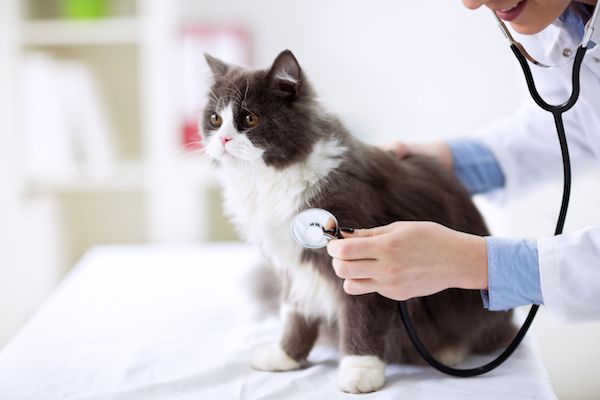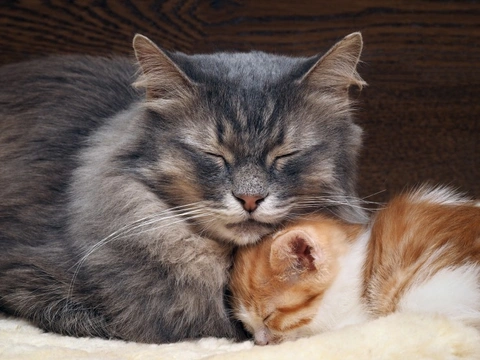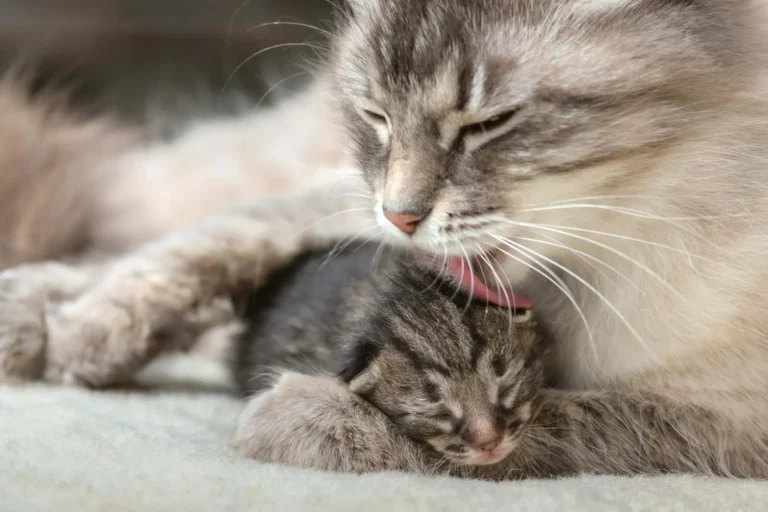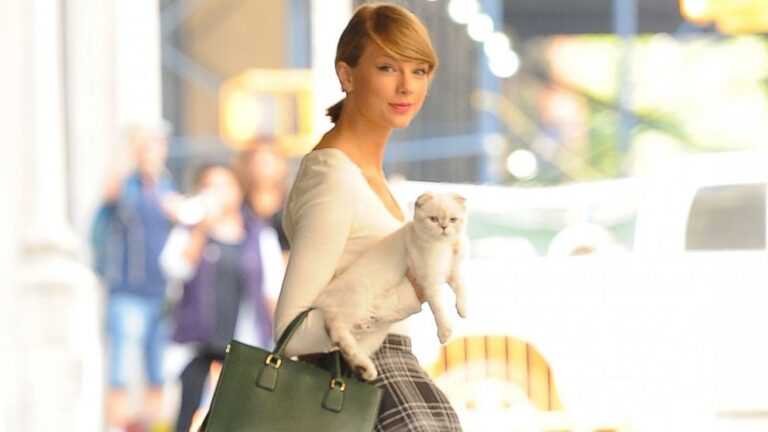Cat wellness tips
Understanding your Feline Friend’s Basic Needs
It’s no secret that cats are independent creatures with unique needs. Understanding these needs is essential for providing them with a happy and healthy life. One of the most basic needs of a feline friend is a safe and comfortable space to call their own. Creating a designated area for your cat, complete with a cozy bed and some interactive toys, gives them a sense of security and allows them to retreat and relax when needed.
In addition to a personal space, cats also require proper nutrition to thrive. A balanced diet is crucial for their overall health and wellbeing. Cats are obligate carnivores, meaning they require a diet rich in animal proteins. High-quality cat food that is specifically formulated to meet their nutritional needs should be the mainstay of their diet. Remember to provide fresh water at all times and avoid feeding them human food, which can be harmful to their digestive system. By ensuring they receive the right nutrients, you can help your feline friend maintain a healthy weight, strong immunity, and shiny coat.
Maintaining a Balanced Diet for Optimal Cat Health
A balanced diet is essential for maintaining optimal health in your feline friend. Cats, like humans, require a variety of nutrients to support their overall well-being. Protein is one of the most important components of a cat’s diet, as it helps build and repair tissues, supports the immune system, and provides energy. Good sources of protein for cats include meat, poultry, and fish. It’s important to feed your cat a high-quality protein source to ensure they receive the necessary amino acids for their growth and maintenance.
In addition to protein, cats also require fat in their diet. Fat is a concentrated source of energy and provides essential fatty acids that aid in the absorption of certain vitamins. However, it’s important to note that cats have different fat requirements compared to dogs or humans. Too much fat can lead to obesity and other health issues, so it’s crucial to provide a balanced amount of fat in your cat’s diet. This can be achieved by feeding them commercially available cat food that is formulated to meet their nutritional needs.
The Importance of Regular Veterinary Check-ups
Regular veterinary check-ups are an essential aspect of keeping your feline friend healthy and happy. By taking your cat for regular visits to the veterinarian, you ensure that any potential health issues can be identified and addressed promptly. During these check-ups, the veterinarian will conduct a thorough examination, which may include checking your cat’s weight, temperature, and heart rate. They will also examine your cat’s eyes, ears, teeth, and coat to ensure that there are no signs of infection or disease.
In addition to the physical examination, regular veterinary check-ups provide an opportunity for vaccinations and preventative treatments. These preventive measures can help protect your cat from common feline diseases, such as rabies, feline leukemia, and distemper. Vaccinations play a crucial role in maintaining your cat’s overall health and preventing the spread of contagious diseases within the feline community. Furthermore, during these visits, your veterinarian can offer valuable advice on nutrition, behavior, and any specific concerns you may have about your cat’s well-being. Overall, regular veterinary check-ups are a fundamental part of ensuring the long-term health and happiness of your feline friend.
Creating a Safe and Stimulating Environment for your Cat
A safe and stimulating environment is crucial for maintaining the overall well-being of your beloved feline friend. Cats are naturally curious and active creatures, so it is important to provide them with an environment that caters to their instincts and keeps them out of harm’s way.
First and foremost, ensuring the safety of your cat involves making your home a hazard-free zone. Remove any potential dangerous objects or substances that could harm your furry companion. Secure loose cords and wires, as cats often have a tendency to chew on them, which can lead to electric shocks or choking hazards. Additionally, secure windows and balconies to prevent any potential falls or accidents.
Equally important is providing your cat with plenty of mental and physical stimulation. Cats are hunters by nature, so providing toys and interactive games can help keep them mentally engaged and prevent boredom. Consider using puzzle feeders or treat-dispensing toys to keep your cat mentally stimulated while also satisfying their natural instinct to hunt. Creating vertical spaces, such as cat trees or shelves, will allow your cat to climb and explore their surroundings, giving them a sense of ownership and territory within your home.
By creating a safe and stimulating environment for your cat, you are not only promoting their physical health but also enhancing their overall happiness and well-being. Remember to regularly assess and update your cat’s environment to ensure that it continues to meet their evolving needs and preferences.
Promoting Mental and Physical Exercise for a Happy Cat
Providing ample mental and physical exercise is crucial for the overall happiness and well-being of your feline companion. Cats are natural hunters, so incorporating activities that tap into their predatory instincts is essential. One simple way to engage your cat mentally is through interactive play, such as using toys that mimic prey or engaging in a game of hide-and-seek. These activities encourage your cat to think, strategize, and stay agile, ultimately providing mental stimulation that is vital for their emotional health.
In addition to mental exercise, ensuring that your cat gets enough physical activity is equally important. Regular play sessions with feather toys or laser pointers can help keep your cat physically active and prevent obesity. Incorporate vertical spaces in your home, like wall-mounted shelves or cat trees, to encourage climbing and jumping, as cats naturally enjoy perching in high places. By promoting physical exercise, you are providing an outlet for your cat’s energy, reducing the risk of obesity-related health issues, and ultimately contributing to their overall happiness and well-being.
Implementing Proper Hygiene Practices for Your Feline Companion
Maintaining proper hygiene practices for your feline companion is essential for their overall health and well-being. Regular grooming is one of the key aspects of ensuring your cat stays clean and comfortable. Brushing your cat’s fur helps to remove loose hair, prevent matting, and distribute natural oils, which can contribute to a healthier coat. Additionally, it is important to regularly clean your cat’s ears to prevent the buildup of dirt and debris, which can lead to ear infections. Gently wipe the outer part of the ears with a damp cotton ball or a specifically designed pet ear cleaner.
Another crucial aspect of hygiene care for your feline friend is maintaining oral health. Just like humans, cats can develop dental problems such as plaque and tartar buildup, gum disease, and tooth decay. Brushing your cat’s teeth with a cat-specific toothbrush and toothpaste can help prevent these issues. It is important to introduce this routine gradually, making it a positive and rewarding experience for your cat. Alternatively, you can also provide dental treats or toys that promote dental health to help keep your cat’s teeth clean. Remember to schedule regular dental check-ups with your veterinarian to identify and address any potential dental issues early on.
Preventative Measures for Common Feline Health Issues
Feline health issues can be a major concern for cat owners, but there are steps you can take to prevent many common ailments. One of the most effective preventative measures is to ensure your feline friend receives all the necessary vaccinations. Vaccinations protect against diseases such as feline distemper, feline herpesvirus, and rabies. Regularly scheduled visits to the veterinarian will allow them to assess your cat’s vaccination needs based on their age and lifestyle.
Another important preventative measure is to keep your cat’s teeth clean and healthy. Dental problems are common in cats and can lead to discomfort, pain, and even more serious health issues. Regular brushing of your cat’s teeth, using a specially designed toothbrush and toothpaste for cats, can help prevent the build-up of plaque and tartar. Additionally, providing chew toys or dental treats can assist in keeping their teeth clean and gums healthier. Taking these preventative measures can go a long way in ensuring your feline friend maintains good oral hygiene and avoids dental problems in the future.
Understanding and Managing Stress in Cats
Cats, like humans, can experience stress. While they may appear calm and composed most of the time, various factors can trigger stress in our feline friends. This can negatively impact their well-being and overall quality of life. It is crucial for cat owners to understand the signs of stress in their pets and how to effectively manage it.
One common cause of stress in cats is changes in their environment. Moving to a new home, rearranging furniture, or introducing new pets can all disrupt a cat’s sense of familiarity and trigger anxiety. Cats are creatures of habit, and any sudden alterations to their routine can leave them feeling stressed. Additionally, loud noises, such as thunderstorms or fireworks, can also invoke fear in cats. Recognizing these stressors and minimizing their impact on your cat’s life is essential for their mental health.
What are some basic needs that I need to understand about my cat?
Understanding your cat’s basic needs is essential for their well-being. These needs include proper nutrition, a safe and stimulating environment, regular veterinary check-ups, and mental and physical exercise.
How can I maintain a balanced diet for my cat’s health?
To maintain a balanced diet for your cat, it is important to provide them with high-quality cat food that meets their nutritional requirements. Consult with your veterinarian to determine the best diet for your cat’s age, breed, and specific health needs.
Why are regular veterinary check-ups important for my cat?
Regular veterinary check-ups are crucial for detecting and preventing potential health issues in your cat. These check-ups allow the vet to monitor your cat’s overall health, administer necessary vaccinations, and address any concerns or symptoms that may arise.
What can I do to create a safe and stimulating environment for my cat?
To create a safe and stimulating environment for your cat, provide them with a designated space that includes comfortable resting areas, scratching posts, and interactive toys. Ensure that the environment is free from potential hazards such as toxic plants or small objects that can be swallowed.
How can I promote mental and physical exercise for my cat?
You can promote mental and physical exercise for your cat by engaging them in interactive play sessions with toys, providing scratching posts and climbing structures, and offering puzzle feeders or treat-dispensing toys. Regular playtime helps keep your cat mentally stimulated and physically active.
What proper hygiene practices should I implement for my cat?
Proper hygiene practices for your cat include regular grooming to keep their coat clean and healthy, maintaining clean litter boxes, and regularly cleaning their food and water bowls. Additionally, it is important to schedule regular dental care and maintain proper parasite control.
What preventative measures can I take for common feline health issues?
Preventative measures for common feline health issues include keeping your cat up to date on vaccinations, maintaining a healthy diet, providing regular exercise, and practicing good hygiene. It is also important to keep your cat indoors to minimize exposure to infectious diseases and potential dangers.
How can I understand and manage stress in my cat?
Understanding and managing stress in cats involves creating a calm and secure environment, providing them with predictable routines, and offering hiding spots or safe zones. If your cat displays signs of stress, consult with your veterinarian for additional guidance and possible behavioral modification techniques.







